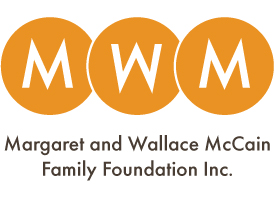
The Conversation, August 28, 2023
Excerpt: "The beginning of each school year brings an opportunity to reflect, for children, families and also for policymakers. Some important lessons pertain to effective ways provinces and territories can expand children’s and families’ access to early learning programs.
Canada-wide early learning and child-care agreements established between the federal government and provinces or territories allow governments to be creative with increasing access. Research can guide that creativity by linking the early years to neighbourhood schools.
Programs for four-year-olds (alternately known as pre-kindergarten, pre-primary, junior kindergarten or two-year kindergarten, depending on the area) belong in neighbourhood schools, closely tied into the cascade of schools’ curriculum, teaching and learning expertise. These programs establish a continuum of learning and healthy child development.
Right now, access to schooling for four-year-olds is not consistent across the country, as noted by the Early Childhood Education report by the not-for-profit Atkinson Centre.
For example, Alberta, Saskatchewan and New Brunswick have part-time programs for some high-risk children only, while Ontario and Northwest Territories offer universal full-day junior kindergarten in neighbourhood schools.
Ample evidence points towards benefits and practical ways of offering high-quality early learning programs in schools quickly and efficiently.
RELYING ON SCHOOL INFRASTUCTURE
Schools can launch early learning and care fast and well by including four-year-olds in the neighbourhood school in programs offered by the school, free of charge. These programs recognize that any fee, even $10 a day, is a challenge for many, especially those who most need the program.
This approach is efficient and effective, child-friendly and family focused, and informed by a wealth of international research."
